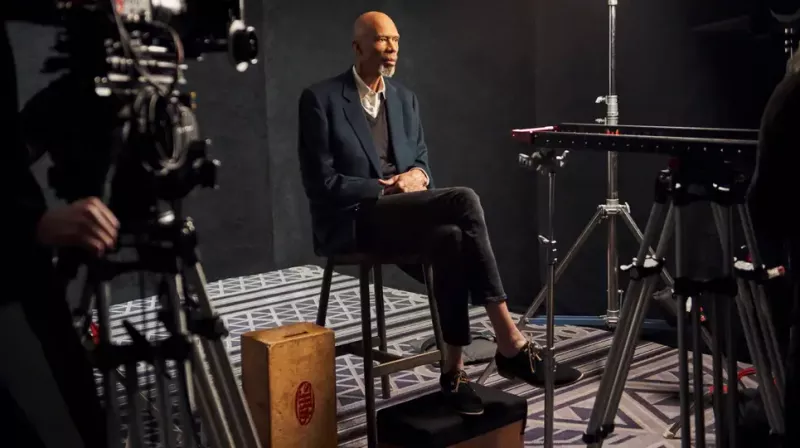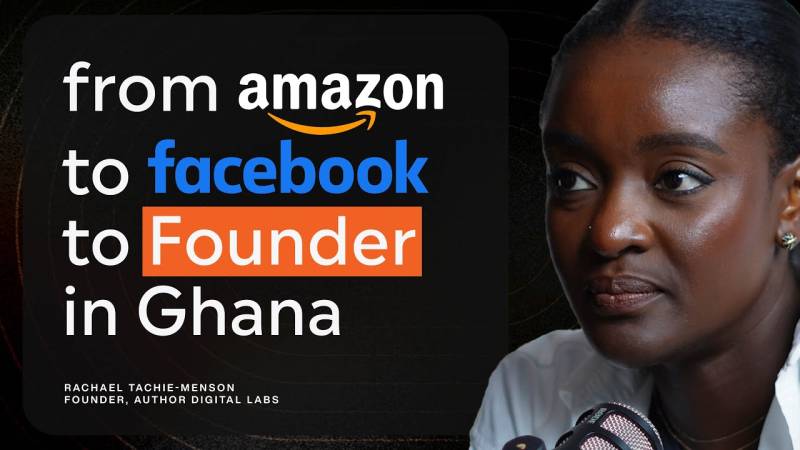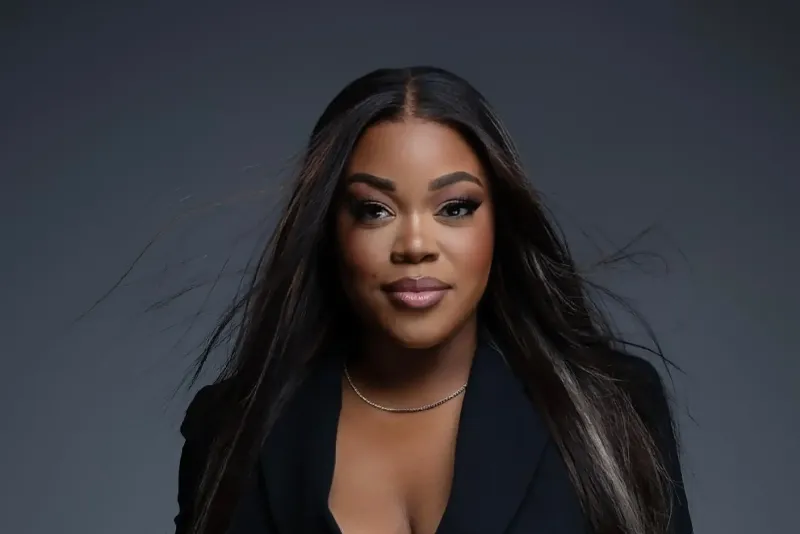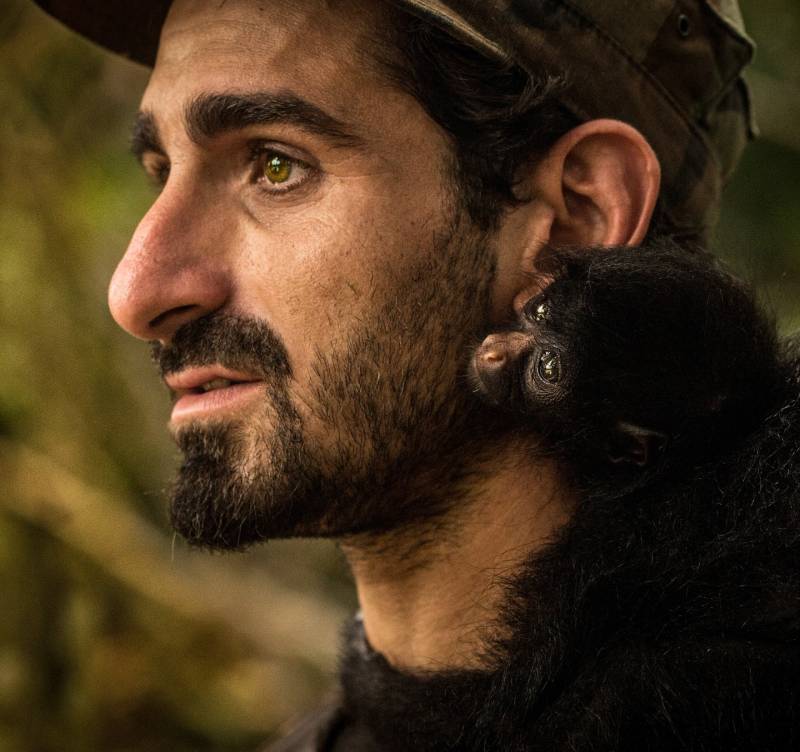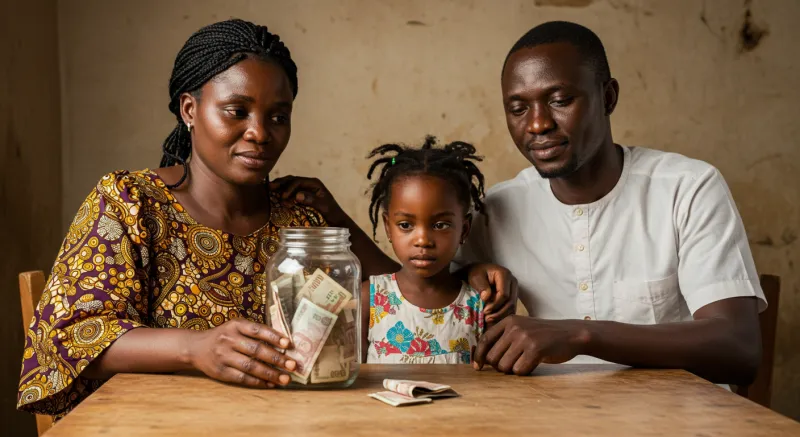When I hear the name Kareem Abdul-Jabbar, so many thoughts immediately come to mind: NBA great, the best center of all time, civil rights activist, genius, writer, historian. Now I can add Emmy-nominated narrator to the list.
Last month, Abdul-Jabbar was nominated in the category of “Outstanding Narrator” for the HISTORY Channel’s documentary Black Patriots: Heroes of the Civil War. The film touches on some of the untold stories of Black heroes who served during one of the most pivotal times in our nation’s history. Throughout the film, Abdul-Jabbar doesn’t just narrate, he also provides context that helps us understand why many of the figures discussed in the film are so central to American history.
Read Also: William Ruto Claims Victory In Kenyan Presidential Election Amid Dispute
The Root had the incredible opportunity to interview Abdul-Jabbar about his experience working on the film, the importance of remembering these Black patriots and why he’s so interested in the topic.
The Root: What led you to work on this documentary as a narrator?
Kareem Abdul-Jabbar: I’d worked with the same team on Black Patriots: Heroes of the Revolution and Fight the Power: The Movements That Changed America. I appreciated their commitment to telling the stories of Black Americans usually left out of the history books.
TR: What inspired you to focus on the Black Patriots contributing during the Civil War?
KAJ: Most Americans—Black and White—think of Blacks during the Civil War as slaves and therefore as victims. This documentary shows how many Black Americans—men and women—contributed to the outcome of the war as soldiers, spies, medics, and more. It’s important that the record accurately portrays Blacks as active participants in their own emancipation and as defenders of what America stands for.
TR: Throughout the making of this film, was there something you learned that you did not know previously?
KAJ: I always learn new things when we do these documentaries. I contribute in the early stages by doing research and suggesting some of the people we will cover. In fact, the research is the most exciting part. It’s unfortunate that we can’t use all the information we gathered.
One thing that amazed me was that the Union was afraid to arm Blacks to fight and the average White people thought Blacks were too ignorant to fight. The surprise was that this was the same argument they had during the Revolutionary War, which we covered in that documentary. It was proven to be irrational then, yet still the racist notion persisted nearly a hundred years later.
TR: What significant Black figure from the Civil War resonated with you the most and why?
KAJ: Harriet Tubman was such an amazing woman that we should see statues of her all over the country. She embodied courage and tenacity beyond what most people have. She was a spy, a military commander, and much more. Whenever I get discouraged by the headlines proclaiming more systemic racism, I think of Harriet and what she would do. She would keep going back to rescue more slaves.
TR: What’s a common misconception about the Civil War that people will learn about when they watch this film?
KAJ: That the Civil War is about White saviors. Yes, many Whites so believed in abolishing slavery that they were willing to give their lives for the cause. These were noble and heroic people. White America did most of the heavy lifting in abolishing slavery. But Black Americans had important roles too. They were patriots who also were willing to give their lives not just to end slavery, but to preserve the country.
TR: At the beginning of the documentary, you mention how the contributions of Black people in the Civil War were not taught to you. So how’d you learn so much about it?
KAJ: Reading. You will rarely see me without a book in my hand. The point of education in America is not just to train taxpayers to do a job. It should whet our appetites to learn more while giving us the tools to know how to continue to self-educate.
TR: What are some of the emotions you feel when you read about the great things that Black people did during the Civil war?
KAJ: When I was younger, I felt pride knowing that my people did so much. Now that I’m older, I feel the burden of responsibility not to let their sacrifices be in vain. We have to continue their fight, whether the enemy is abroad or living next door.
TR: How’s it feel to be nominated for an Emmy in the narration category alongside other great nominees such as Barack Obama and Lupita Nyong’o?
KAJ: It feels like I’m going to lose. I love every one of them, so whoever wins deserves it.
